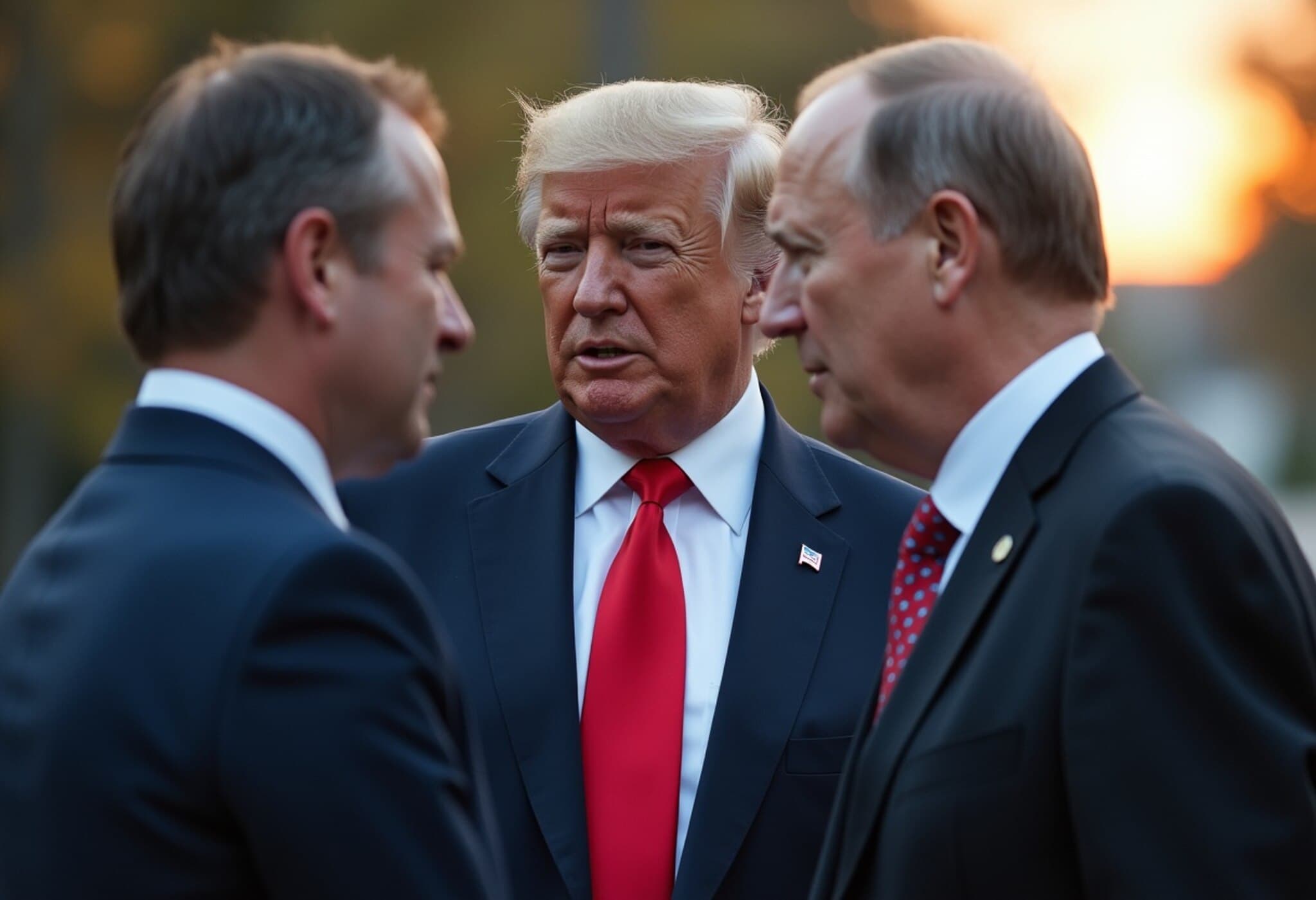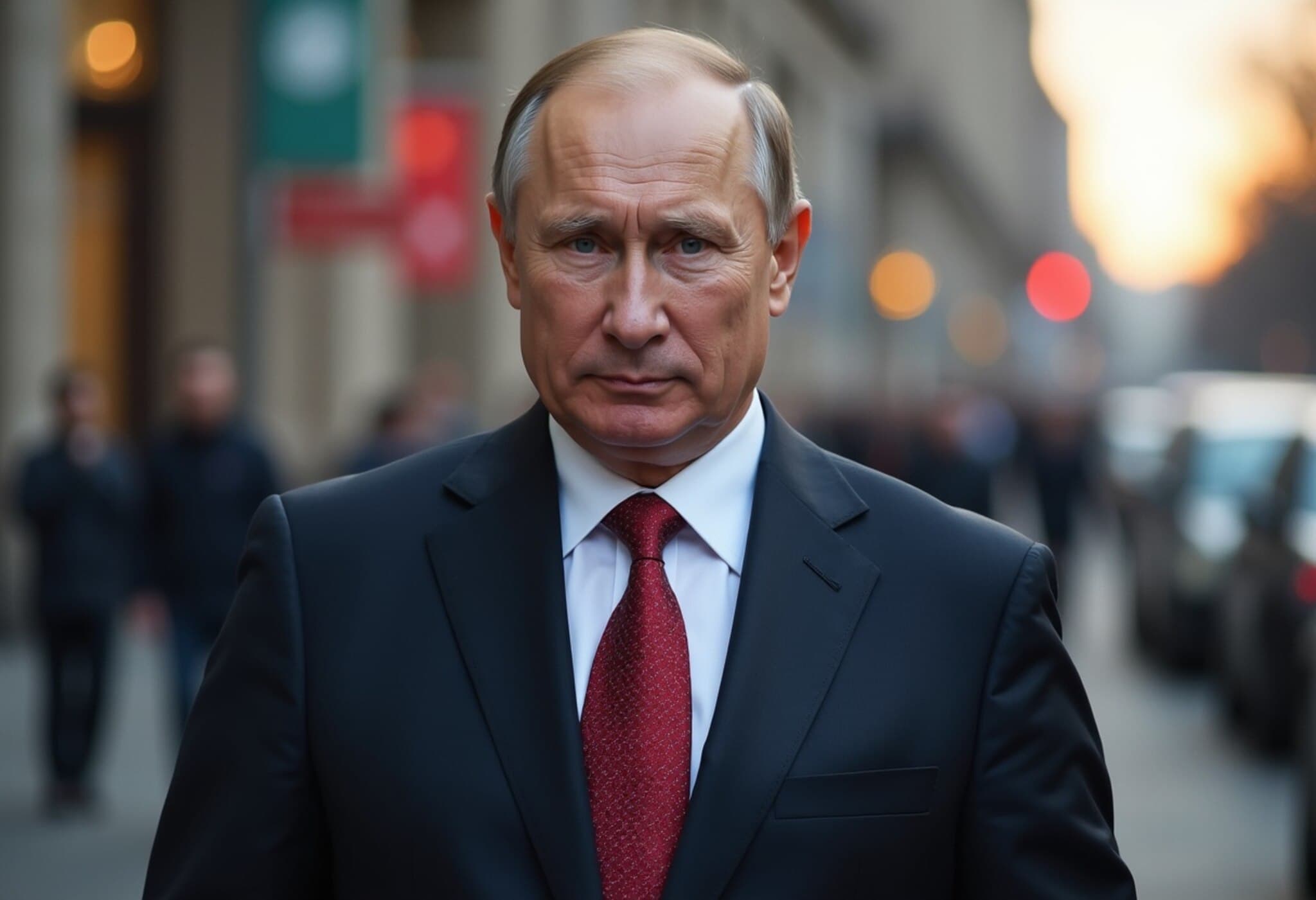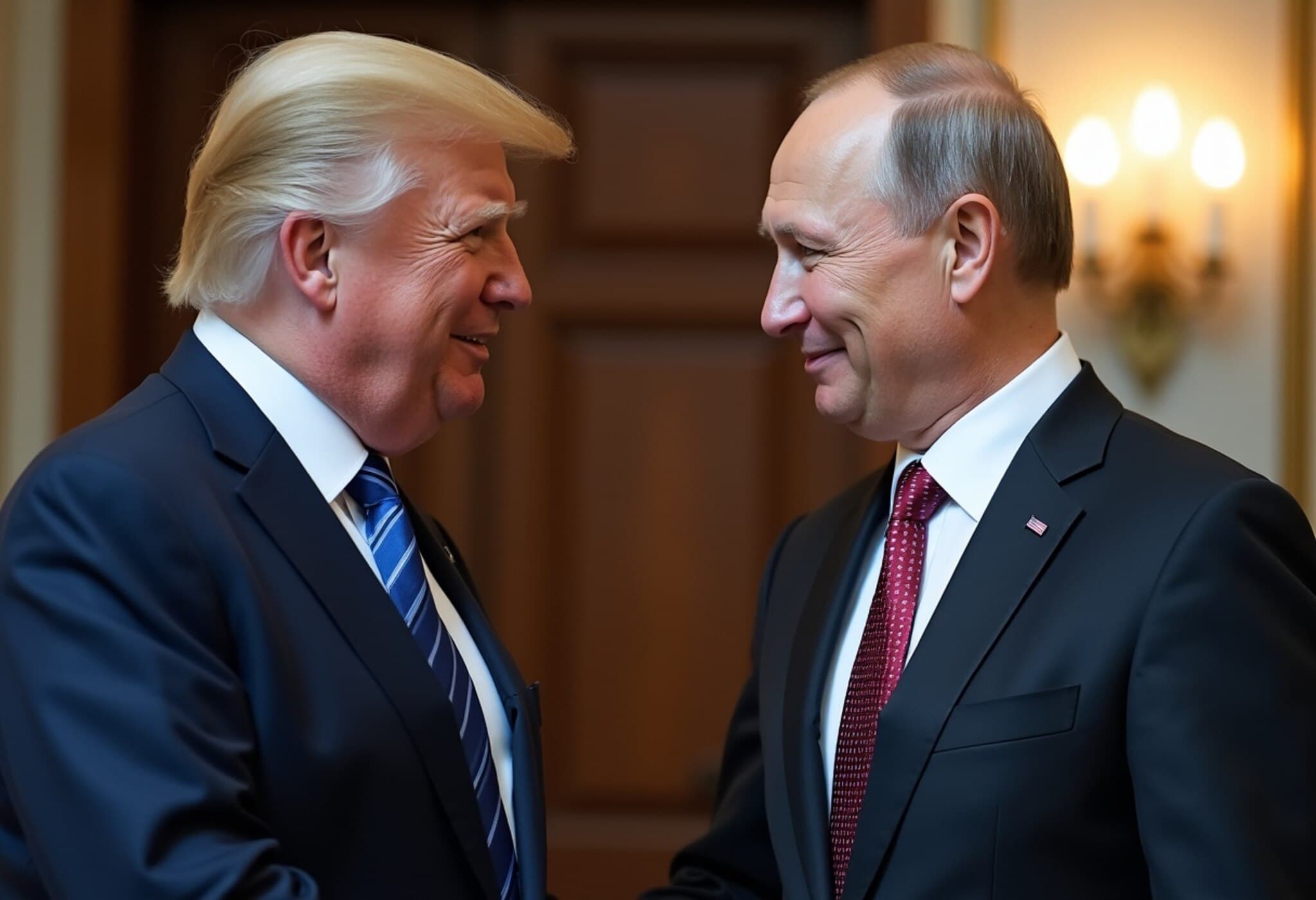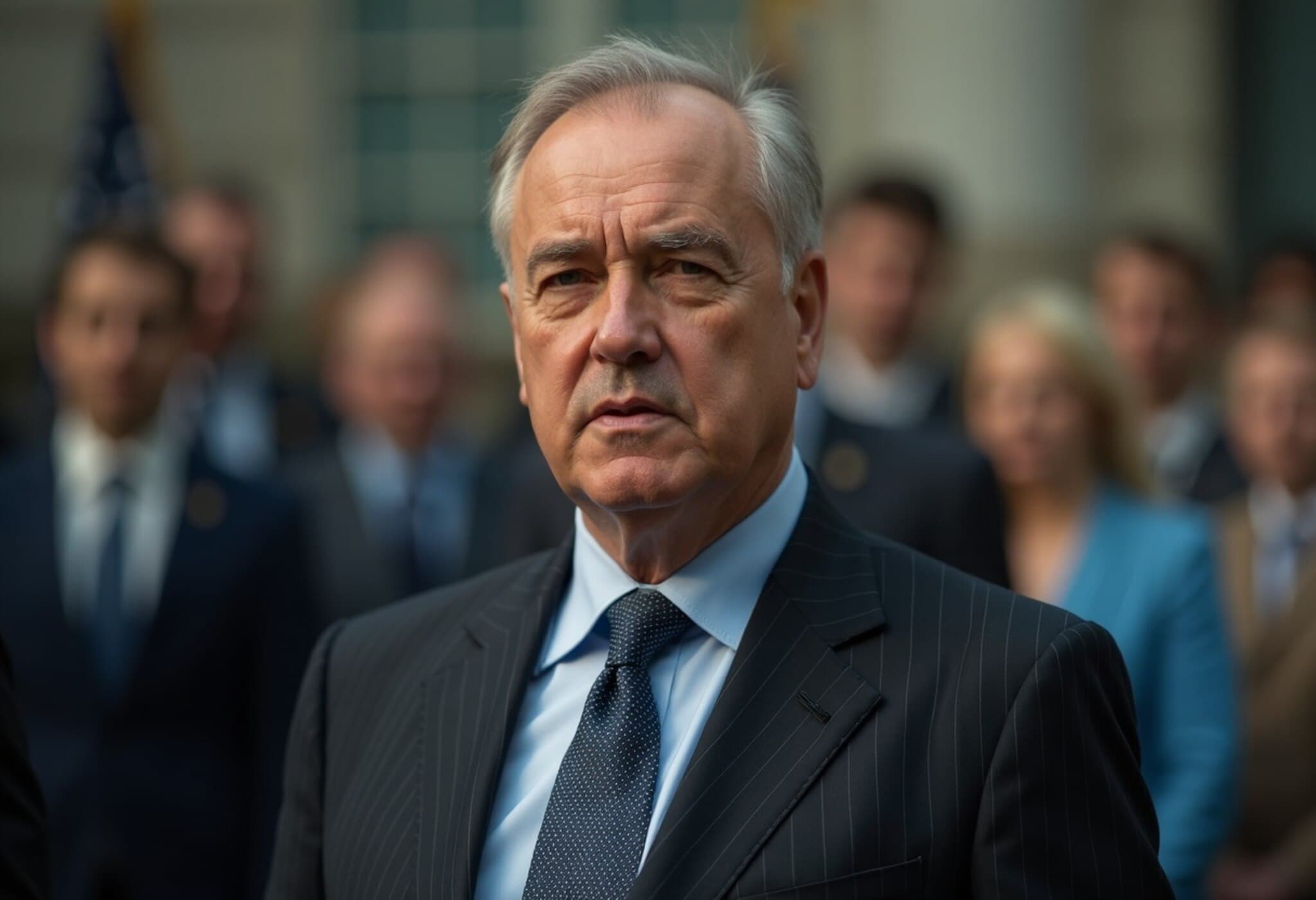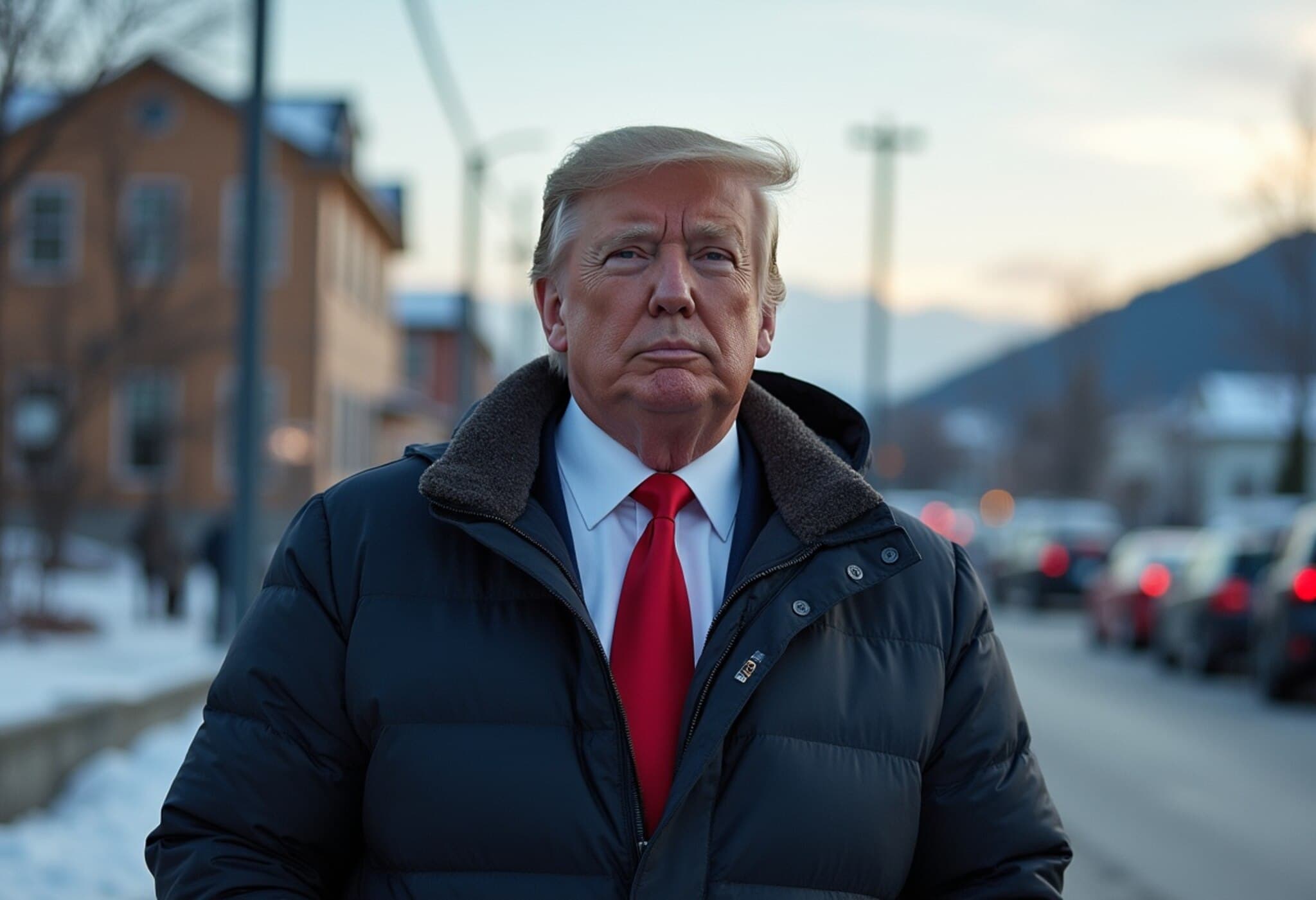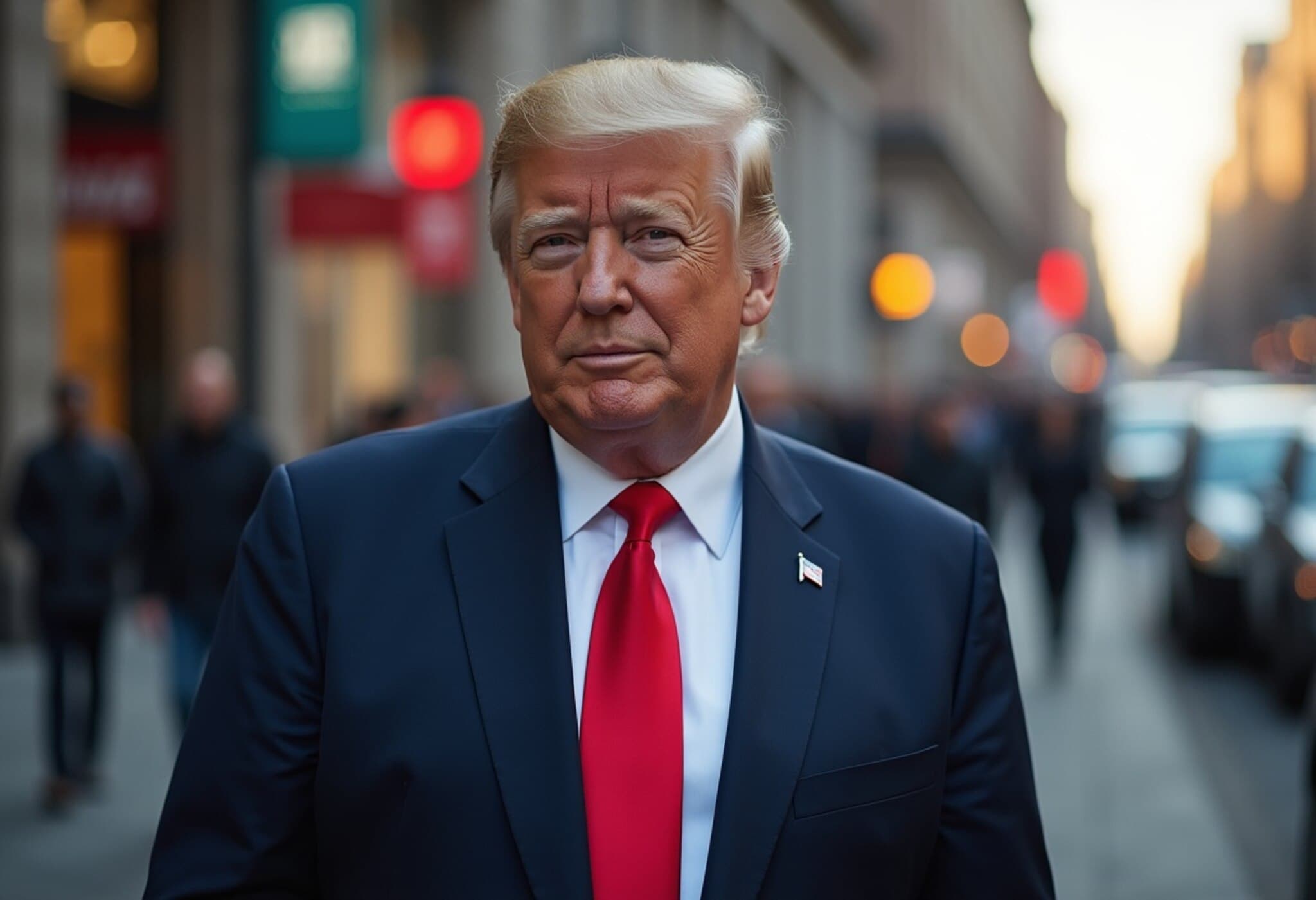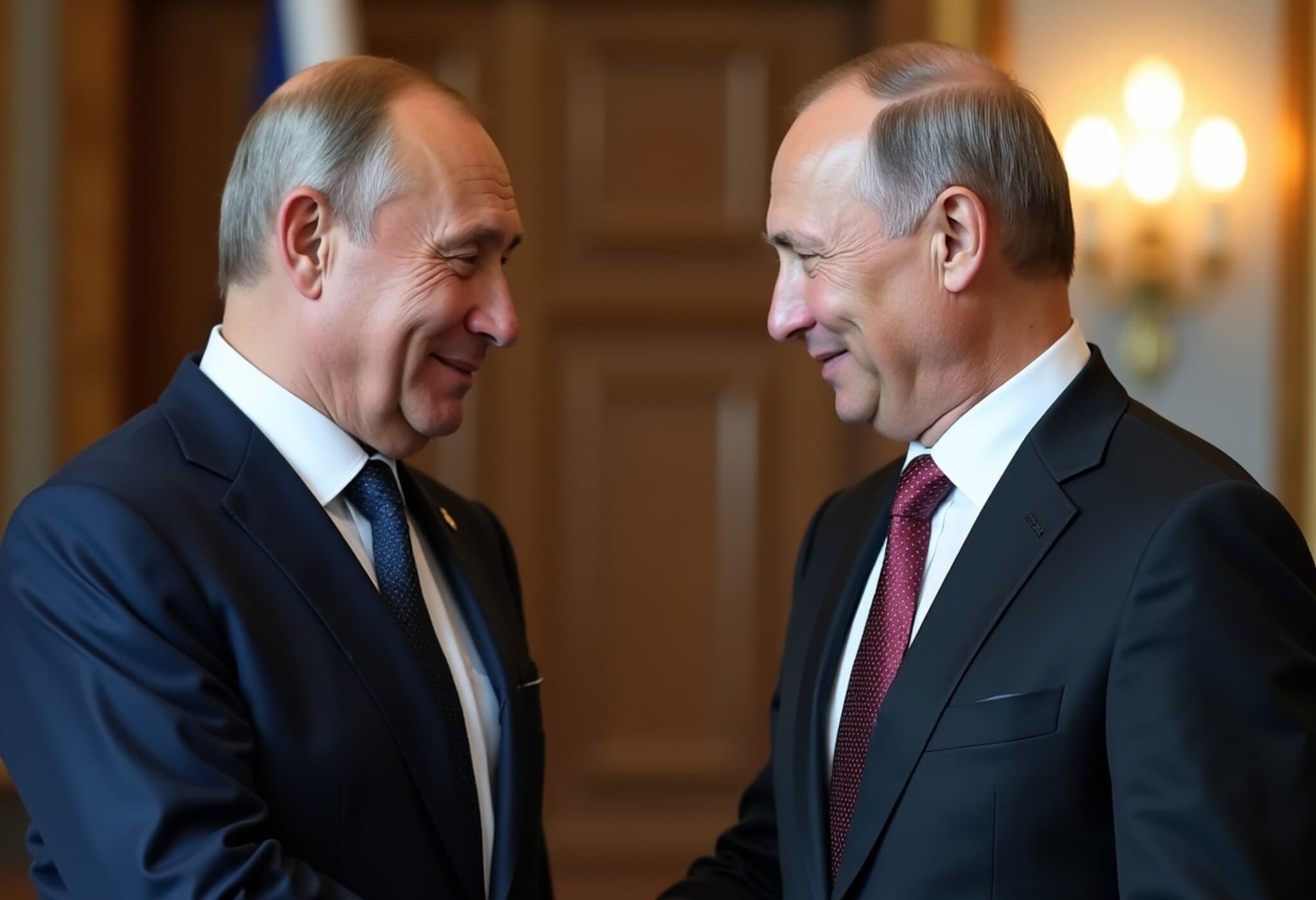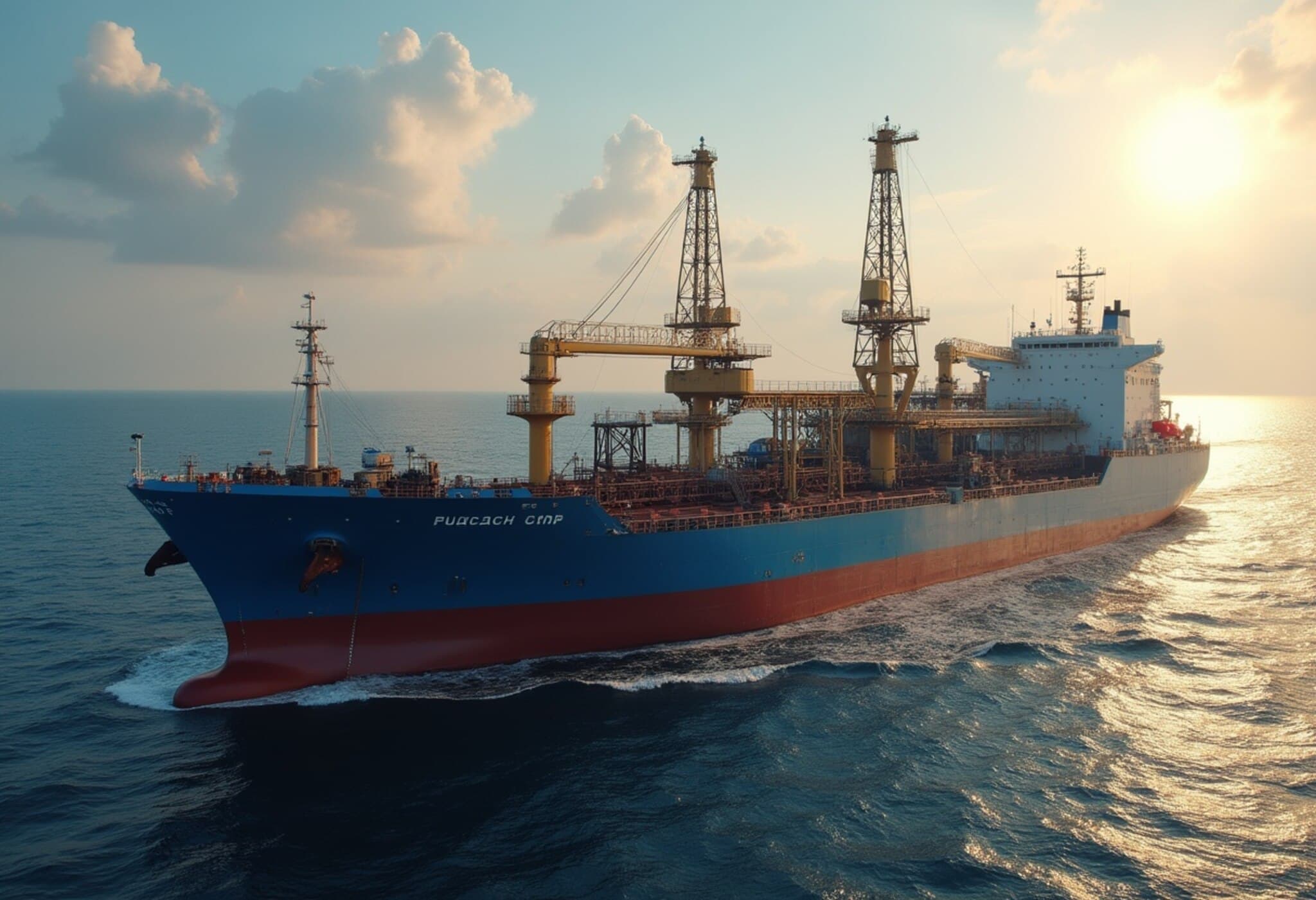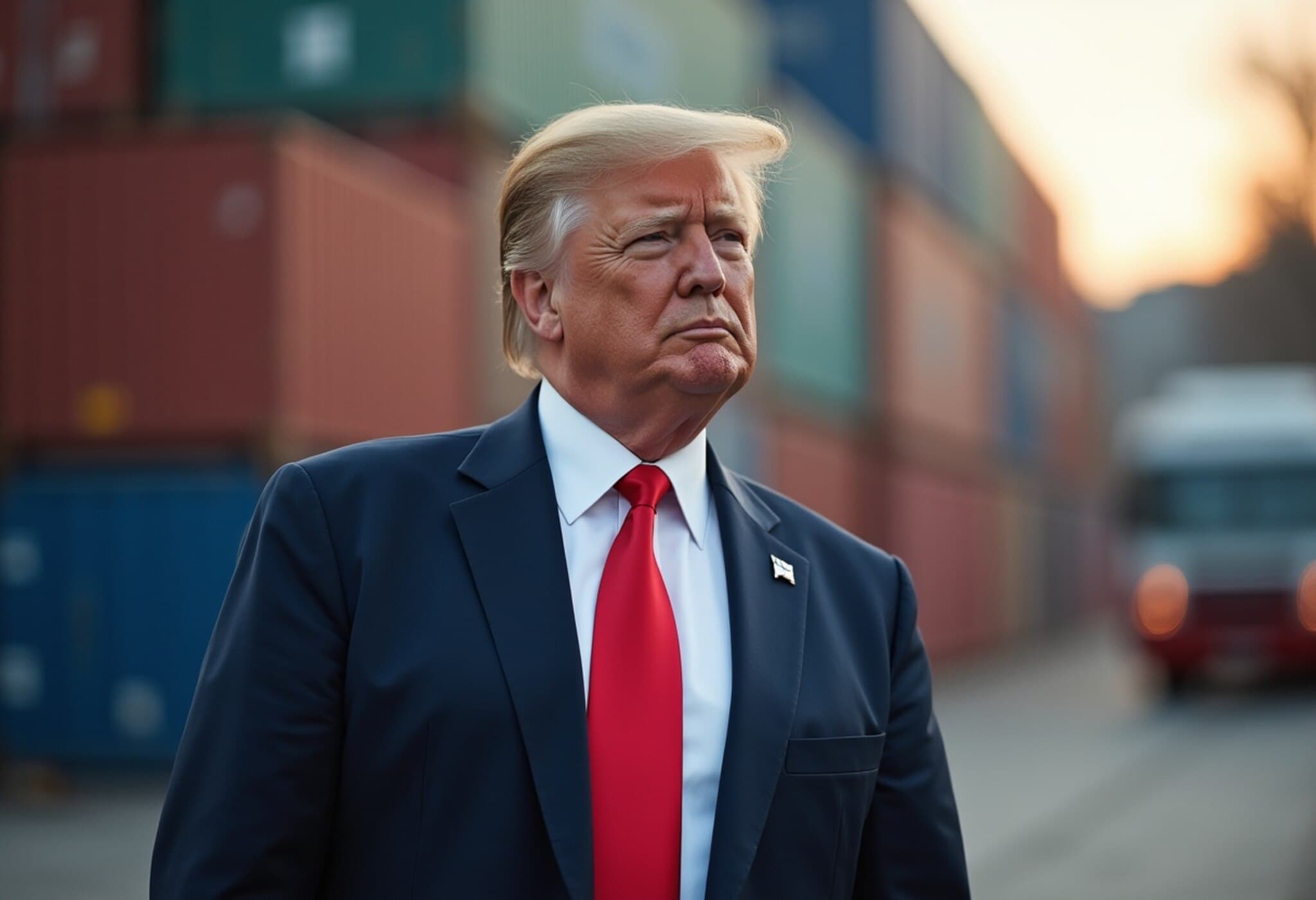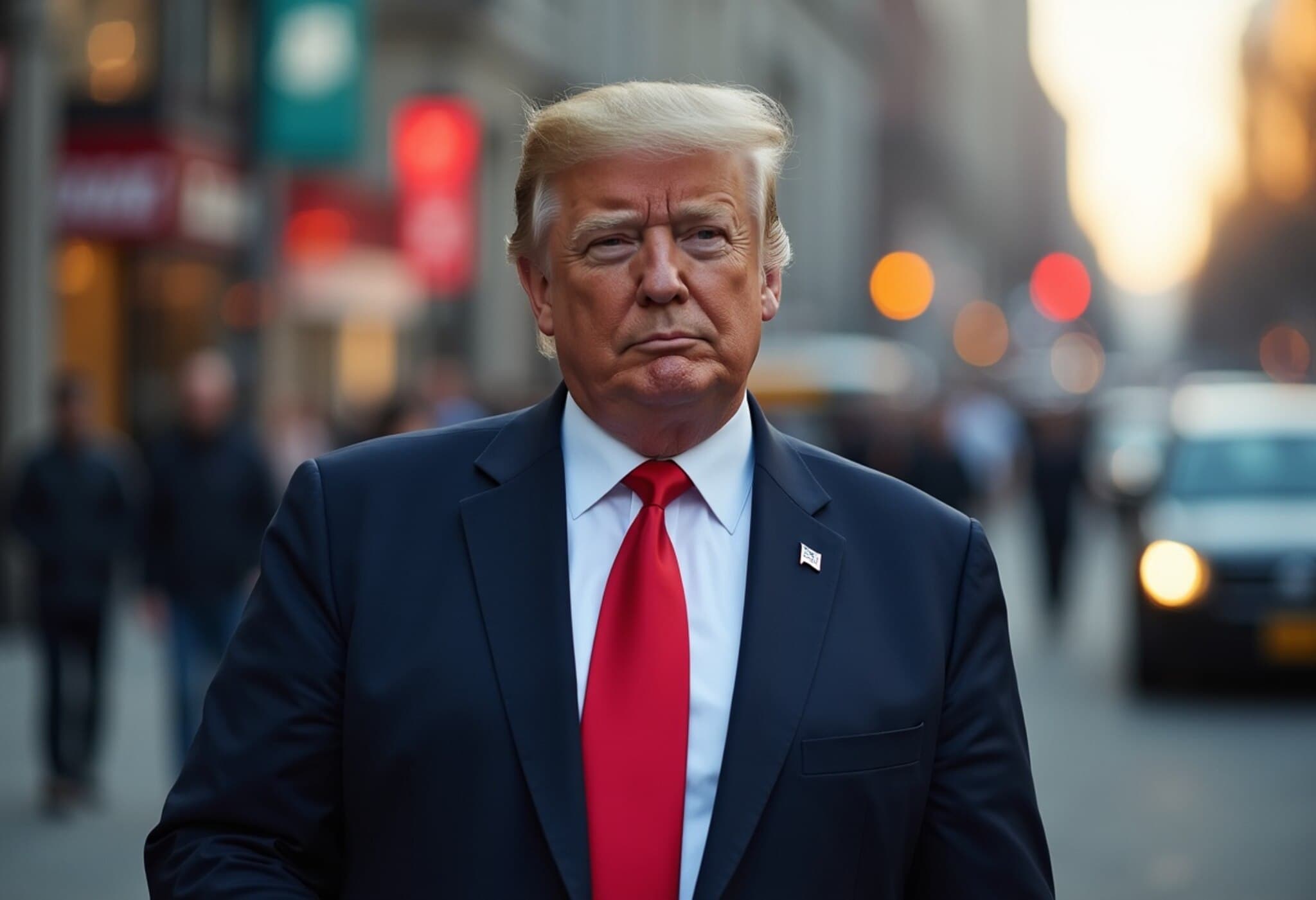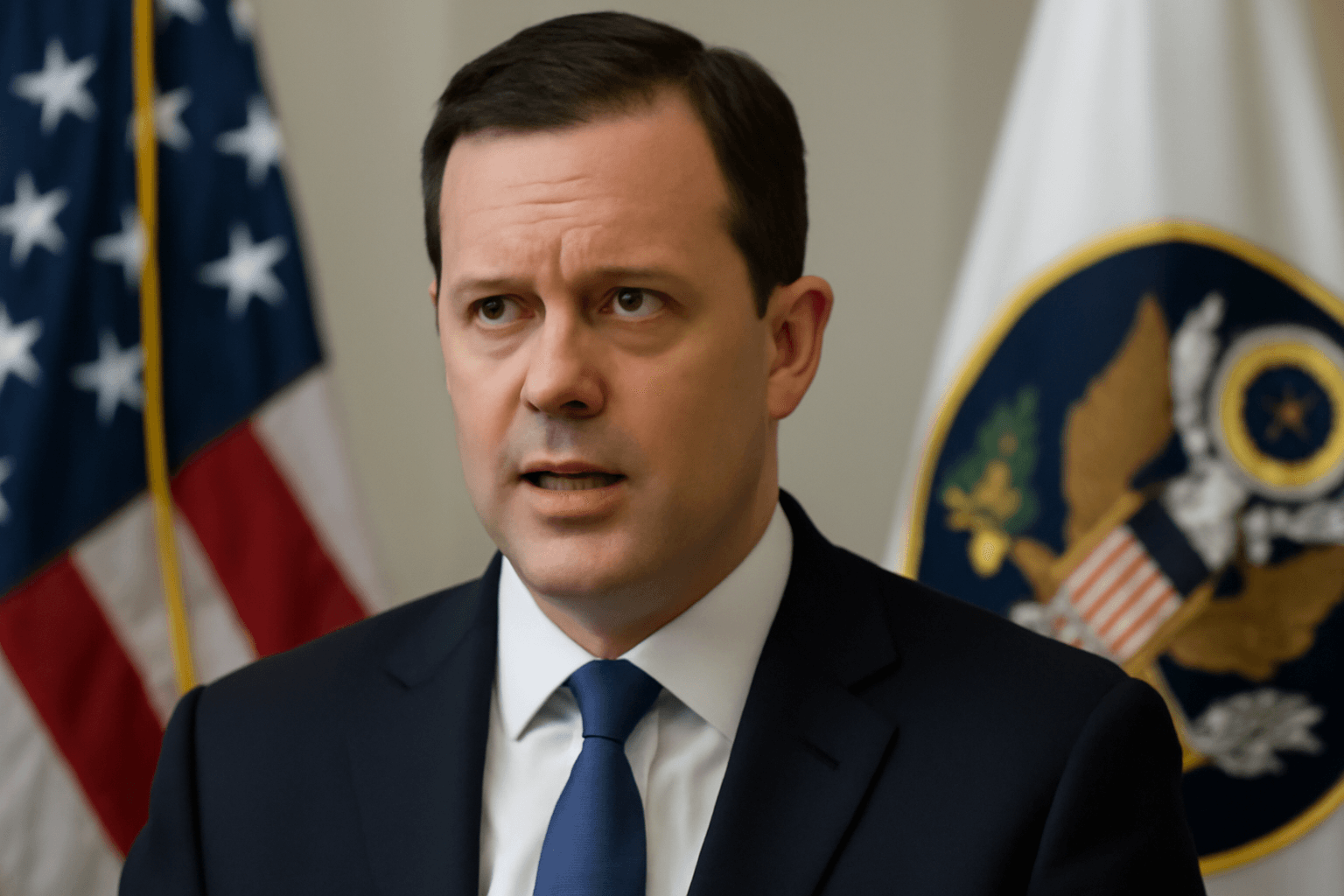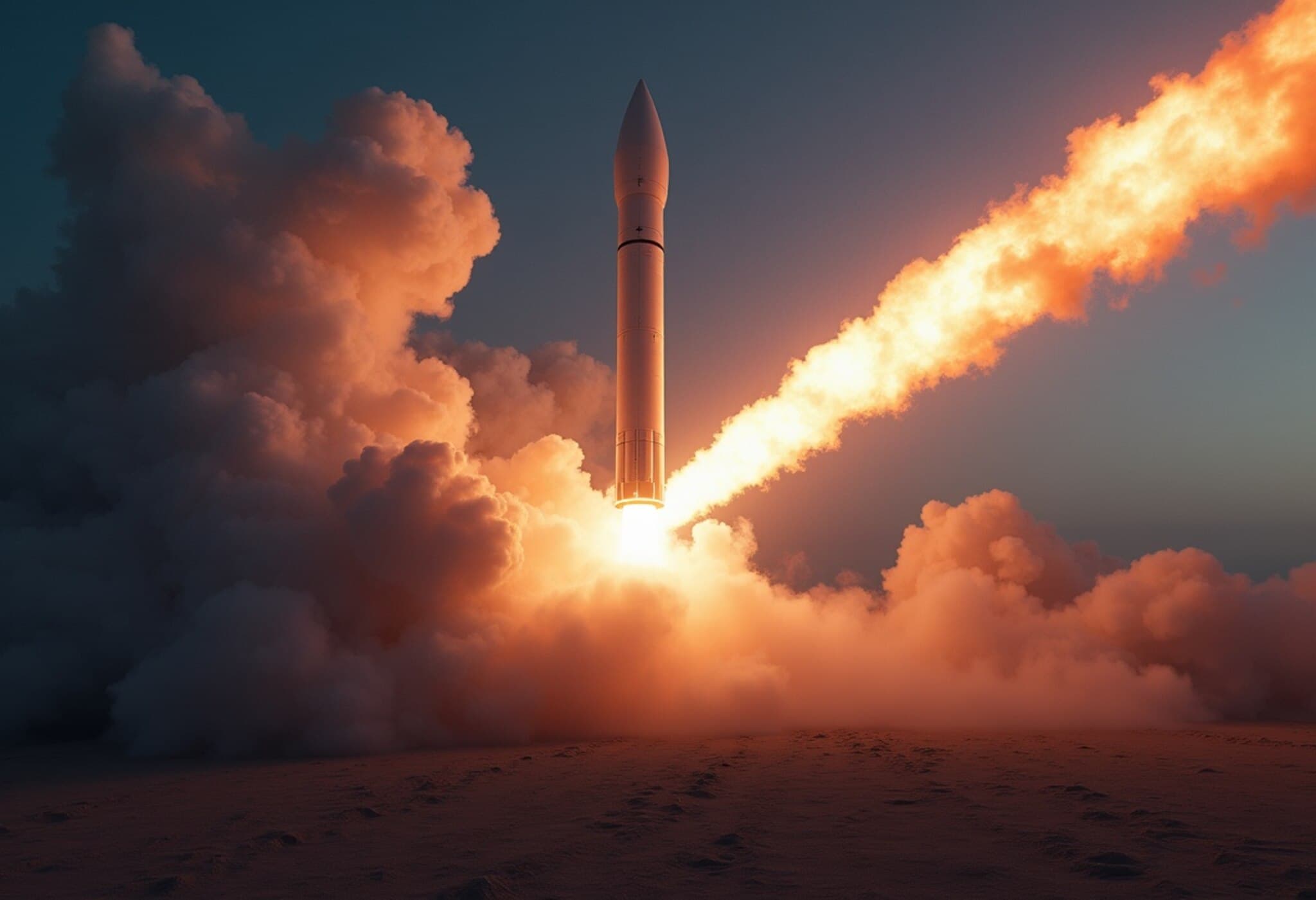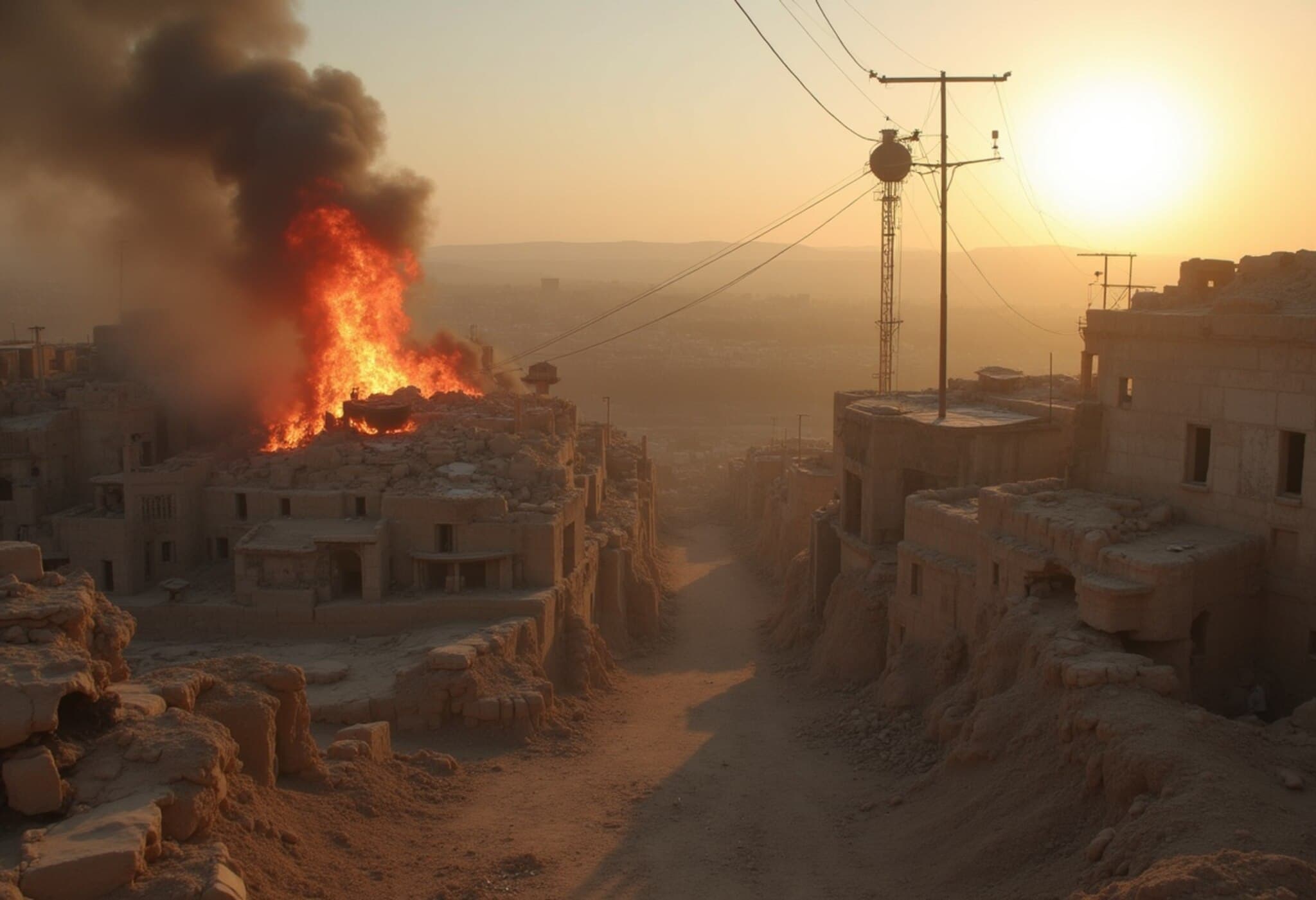Trump Issues 50-Day Ultimatum to Putin Amid Ukraine Conflict
In an unprecedented move, former U.S. President Donald Trump has given Russian President Vladimir Putin a 50-day deadline to negotiate an end to the war in Ukraine, warning that failure to do so will result in secondary sanctions targeting Russia’s global allies. This marks the first explicit time Trump has publicly set a countdown for Moscow to cease hostilities, spotlighting his commitment to ending the conflict through economic pressure.
Leveraging Tariffs to Pressure Russia and Its Allies
Speaking from Washington, Trump announced plans to impose 100% tariffs on countries that maintain trade relations with Russia, particularly those buying Russian oil and commodities. This reflects a strategic use of economic tools to sever the financial lifelines fueling Moscow’s military operations.
"I use trade for a lot of things, but it’s good for settling wars," Trump remarked during a meeting with NATO Secretary General Mark Rutte in the Oval Office. He indicated that these tariffs would hit countries such as China, India, and Brazil, which continue significant economic exchanges with Russia despite international sanctions.
Trump also emphasized that, compared to congressional proposals advocating a staggering 500% tariff on Russian trade partners, a 100% tariff would be equally effective while avoiding excessive harm to global markets. He framed the 50-day period as a relatively short window for Putin to deliver a peaceful resolution.
Escalating Frustrations with Putin’s Negotiation Tactics
Once hopeful that Putin sought a swift peace agreement, Trump has grown increasingly impatient. He described the Russian leader as a master of duplicity, noting multiple instances where promising discussions ended with renewed missile strikes on Ukrainian cities.
"I felt we had a deal at least four times, but the fighting just keeps going on," Trump said, recounting how he often finishes phone calls feeling optimistic, only to learn that attacks followed soon after. "My conversations with him are always very pleasant … and then the missiles go off that night." This nuanced insight into the paradox of diplomatic communications versus on-the-ground realities adds a human dimension to the cold calculus of international relations.
Contextualizing Trump’s Strategy in U.S. Foreign Policy
Trump’s approach signals a broader shift toward using economic sanctions as a primary tool to influence foreign conflicts — a concept deeply rooted in American policy since the Cold War but here amplified with a specific timeline and punitive escalation against third-party states. It reflects U.S. efforts to choke the financial channels that enable extended conflict without direct military involvement.
Support for Ukraine’s Defense Bolstered by European Allies
In tandem with tariffs, Trump confirmed the United States will provide Ukraine with advanced air defense missiles, financed entirely by European partners. Ukraine’s President Volodymyr Zelensky welcomed the move, underscoring a rare moment of transatlantic unity amid complex geopolitical challenges.
Trump’s Ukraine envoy, Keith Kellogg, echoed this sentiment after meeting Zelensky in Kyiv, characterizing the support package as a demonstration of "peace through strength" and NATO solidarity.
Russian Response and Broader Implications
The Kremlin has yet to issue an official response to the ultimatum. However, Kremlin envoy Kirill Dmitriev cautioned against what he called "doomed-to-fail attempts at pressure," advocating instead for what he described as "constructive dialogue" between Russia and the United States despite considerable international tensions.
Underreported Perspectives and Critical Questions
- How might secondary sanctions on Russia’s allies recalibrate global trade dynamics, especially with emerging markets reliant on Russian energy?
- What impact will the aggressive tariff strategy have on U.S. relationships with countries like India and Brazil, which have strategic interests in maintaining ties with Russia?
- Could the 50-day deadline establish a new paradigm in international conflict resolution, combining strict economic leverage with diplomatic overtures?
- How will this move influence domestic political debates about America’s role on the global stage?
Expert Commentary: Navigating a Complex Geopolitical Terrain
From a policy analyst’s viewpoint, Trump’s timetable reflects a pragmatic understanding of international sanctions’ leverage but also risks unintended consequences, including stronger geopolitical fragmentation or retaliatory measures from Russia’s economic partners. Experts emphasize the importance of balancing pressure with options for genuine dialogue to avoid escalating global instability.
Editor’s Note
The 50-day deadline set by Trump raises fundamental questions about the future trajectory of the Ukraine conflict and the United States’ strategic tools. As economic sanctions morph into instruments of war diplomacy, the enduring challenge remains: can the international community harmonize punitive measures with pathways to peace? Readers are encouraged to consider how economic pressures intersect with global alliances and the human cost behind political headlines.

